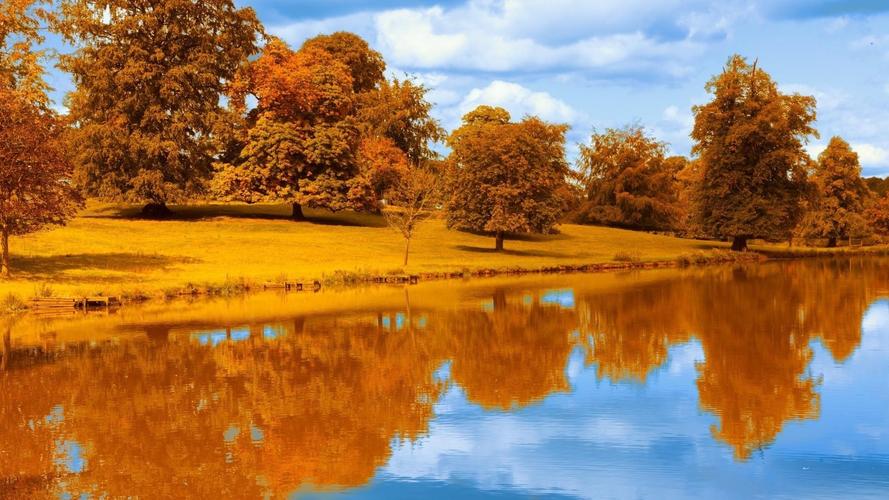Iraq, the country located in Western Asia, is the birthplace of many ancient civilizations and Arabic culture. With a population of over 38 million people, Iraq boasts of vibrant traditions and customs, ranging from cuisine to clothing and religious practices. This blog article aims to explore the unique cultural traditions of Iraq and delve deeper into the distinctive customs practised by its people.
Cuisine
Iraqi cuisine, similar to other Arabic countries, is famed for its diverse and aromatic flavours. One of the most famous dishes is “Machboos,” which is a rice-based dish flavoured with saffron and spices. It is typically served with chicken or lamb and garnished with rich sauces. Another popular dish is “Samoon,” which is a traditional Iraqi bread baked in a tandoor oven, with a crispy crust and soft centre.
It is worth noting that Iraq has a rich coffee culture. Many people start their day with a strong cup of Arabic coffee, served with dates as a sweetener. The coffee beans are roasted to perfection and ground to an almost powder-like texture, yielding a robust yet smooth coffee.
Customs
One unique custom practised in Iraq is the traditional wedding ceremony known as “Al-Zaffa.” It features vibrant colours, music, drums, and dance. During weddings, the bride and groom are adorned with traditional attire from head to toe to signify their connection to the customs of their ancestors.
Another custom practised in Iraq is the “Mawlid celebration,” which is a religious holiday commemorating the birth of Prophet Mohammed. Mawlid is celebrated with spiritual songs, religious speeches and a grand feast prepared by hosts.
Another revered custom is hospitality. Iraqis are known for their warm and welcoming nature, and they place great emphasis on making their guests feel comfortable.
Clothing
The traditional dress code for women in Iraq consists of a headscarf and a long, loose-fitting dress known as an “Abaya.” The Abaya is typically made of opaque black fabric and is worn over other clothing.
Men may wear a traditional Iraqi dress known as a “dishdasha” or “thawb” paired with a head covering called a “ghutra” or “keffiyeh.”
Conclusion
In conclusion, exploring the unique cultural traditions of Iraq is a fascinating journey. The cuisine, customs and clothing offer glimpses of the rich history and heritage of the country. By immersing ourselves in the customs of the Iraqi people, we can gain a deeper appreciation of their culture.
(Note: Do you have knowledge or insights to share? Unlock new opportunities and expand your reach by joining our authors team. Click Registration to join us and share your expertise with our readers.)
Speech tips:
Please note that any statements involving politics will not be approved.
